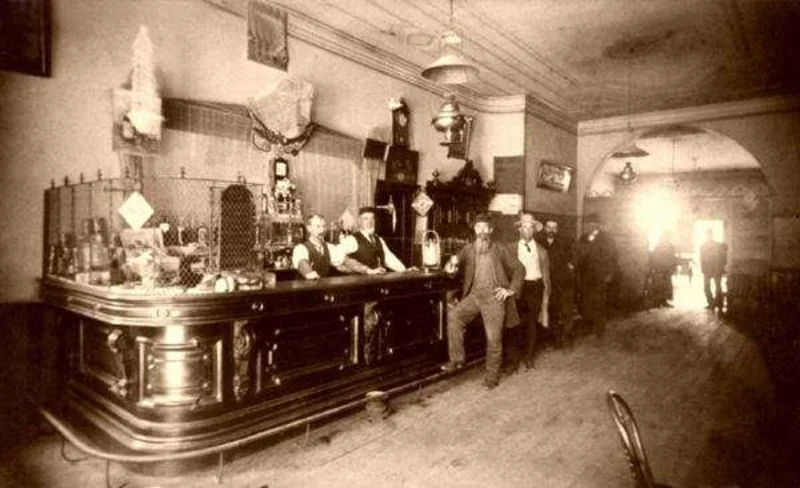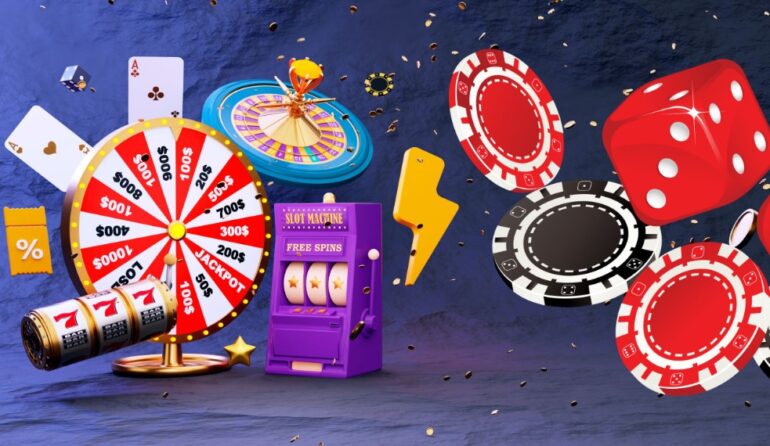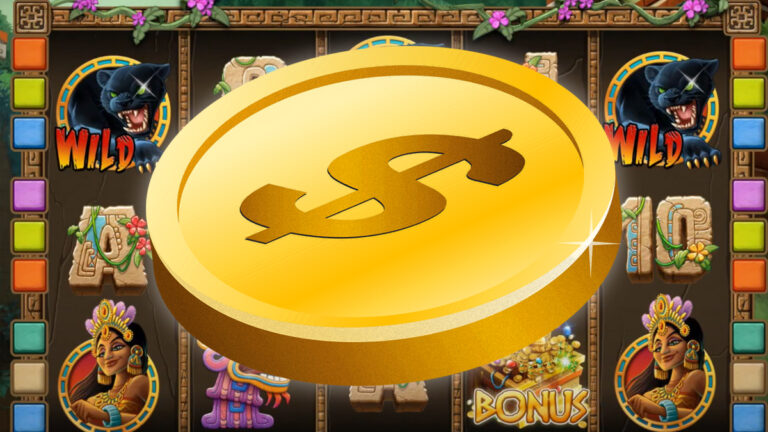The American dream, characterized by opportunity and freedom, has always been punctuated by the allure of chance. From the shimmering lights of Las Vegas boulevards to the bustling activity of Atlantic City’s boardwalk, the casino culture has become a memorable part of the U.S. socio-economic tapestry.
But as technology advanced and the digital age dawned, a new player entered the arena, one that operates in the zones of legality: online sweepstakes casinos. This innovative model is reshaping the contours of the gambling industry, offering Americans a different way to try their luck without even stepping foot into a traditional casino.
As we delve into the vast world of U.S. legal casinos, we’ll emphasize these online sweepstakes platforms, exploring their rise, legal standing, and place in the ever-evolving American gaming landscape.
A Brief History of Regulated Gambling in the US ─ From Saloons to Online Sweeps Cash Casinos

The tapestry of American gambling is rich and storied, with roots running deep into the country’s early days. The inception of casino gambling can be traced back to 1822 with the establishment of Brown’s Saloon, a nexus for gold seekers, traders, and frontier folk looking to test their luck and fortitude. As pioneers moved westward to pursue fortune and opportunity, casinos became prominent fixtures, dotting the Western frontier.
However, the dawn of the 20th century saw a conservative tide sweep across the nation. This wave of moral and social reform targeted various perceived vices, including alcohol and gambling. By the early 1900s, a nationwide crackdown led to shutting casinos in every state – even in Nevada, a region that would later become synonymous with gambling.
The 1930s, marked by economic hardships, saw Nevada taking a bold step, reinventing itself and reintroducing casinos in 1931 as a means to stimulate its economy. This decision marked the resurrection of the American casino industry.
Then, in 1978, Atlantic City, New Jersey, seeking to rejuvenate its tourism industry, legalized casinos, providing an East Coast counterpoint to Nevada’s dominance. South Dakota soon followed, giving sanctions to casinos in 1989, setting a precedent for other states that don’t have casinos to consider gambling as a legitimate revenue source.
The 1990s heralded another transformative phase. Native American reservations recognized the potential of casinos as economic drivers. Bolstered by federal regulations, they began establishing gaming hubs.
Simultaneously, states flanking the Mississippi River, embracing their riverboat histories, started licensing floating casinos.
The New Way of Casino-Style Gaming

As we transitioned into the new millennium, the technological revolution influenced the gambling industry profoundly. By recognizing the revenue potential and the changing dynamics of entertainment, more states started redefining their gambling laws.
This evolution paved the way for online platforms, with “Sweeps Casino” models emerging as noteworthy players. These online social sweepstakes casinos, which exist in a unique regulatory space, offer a blend of traditional casino games and sweepstakes-based prizes, thus reshaping the boundaries of the gambling industry.
Today, the power to regulate and define gambling predominantly rests with individual states. As a result, the US has witnessed a surge in online casinos, sports betting platforms, and digital poker rooms throughout the 2000s, marking a new era in America’s long-standing relationship with risk, reward, and entertainment.
Online Sweepstakes Casinos ─ Legality and Operation

Let’s delve into the world of Sweepstakes Coins casinos, exploring their legal positioning and operational dynamics.
Legality
Online sweepstakes casinos function within a distinct legal area. They’re not typical “casinos.” Players purchase virtual currency and are gifted “sweepstakes” currency, which can be used for games and redeemed for cash.
Since this isn’t direct gambling but rather a form of sweepstakes, these platforms are legal in many U.S. states.
Operation
Players buy virtual currency without cash value. The accompanying “sweepstakes” currency lets them play games. Wins using this currency can be exchanged for real cash.
Players can also acquire this currency without purchasing, emphasizing the “sweepstakes” model. Always check state regulations before participating.
Bottom Line
The American casino gaming narrative has taken an intriguing turn with the advent of online sweepstakes casinos. While navigating a unique legal space, these platforms offer players the thrill of casino games without the traditional wagering aspect.
Their rise in popularity underscores the adaptability of the U.S. gaming industry and the continuous quest for innovation. As we look forward, online sweepstakes casinos promise to play a significant role in shaping the future of gambling in the U.S.

